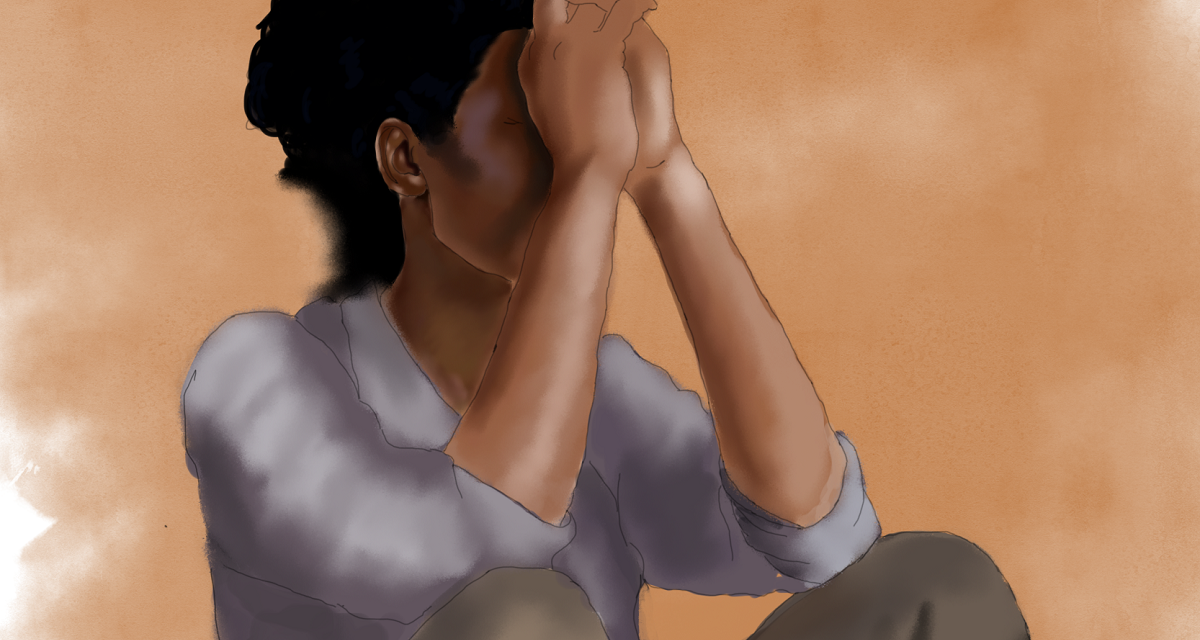Back in 1854, poet Henry David Thoreau wrote, “The mass of men lead lives of quiet desperation.” Unfortunately, modern statistics indicate his long-ago observation still rings true today.
The National Alliance on Mental Illness (www.nami.org) notes that in any given year, one in five American adults—43.8 million—experiences a mental illness. For one in 25, that illness substantially interferes with or limits one or more of the person’s major life activities.
This is huge. These are people we care about: family members, neighbors, coworkers, and even ourselves. And the problem starts early. Half of all chronic mental health conditions begin by age 14; three-quarters take root by age 24.
Stigma’s Chilling Effect
No one debates the scope of the problem. But the stigma associated with mental illness is so virulent, only about 40 percent of those affected pursue treatment. And those souls often wait a decade or more before they seek help.
The Centers for Disease Control and Prevention (www.cdc.gov) cautions that people with depression and anxiety often adopt unhealthy behaviors such as smoking, binge-eating, and overconsuming alcohol to help them cope. This, in turn, increases their risk for worsening their health and developing chronic diseases.
Shortly after World War II, mental health professionals conducted major studies to measure public attitudes toward people dealing with mental illness, including veterans who had served during the Pacific and European campaigns. The results were not pretty. Researchers were deeply troubled by the public’s inability to equate mental challenges with physical ones and embrace proper medical treatment and solutions.
The Community Mental Health Act of 1963 is recognized by the National Academies of Sciences, Engineering, and Medicine (www.nationalacademies.org) as a major turning point in America’s efforts to improve behavioral healthcare. The Act gave voice to people with mental disorders, adding their perspectives and experiences to national discussions on mental health.
But somehow the stigma persists.
Confronting Attitudes
NFL wide receiver Brandon Marshall thinks it’s crazy the way some people demonize mental illness. After being diagnosed himself with borderline personality disorder, Marshall and his wife, Michi, founded Project 375 (www.project375.org) to help destigmatize mental illness, promote training and ensure youths receive prevention and early intervention services.
He’s optimistic about the future. “The mental health community is basically where the cancer and HIV communities were 20 years ago,” he said. “And look how far they’ve come.”
Amy Morin, a licensed clinical social worker, psychotherapist and author of 13 Things Mentally Strong People Don’t Do, believes building more mental muscle may even prevent mental illness before it starts. “Just like it’s important to educate people on how they can take steps to stay physically healthy (diet, exercise, and sleep),” Morin said, “we need to talk about the steps people can take to improve their mental health.” Mental exercises she recommends include NOT:
- Wasting time feeling sorry for yourself.
- Giving away your power.
- Shying away from change.
- Focusing on things you can’t control.
- Worrying about pleasing everyone.
- Fearing taking calculated risks.
- Dwelling on the past.
- Making the same mistakes over and over.
- Resenting other people’s success.
- Giving up after the first failure.
- Fearing time alone.
- Feeling the world owes you anything.
- Expecting immediate results.
You’ve Got a Friend
If a friend or family member is showing signs of a mental health problem or reaches out to you for help, MentalHealth.gov recommends you offer support by:
- Finding out if the person is getting the care that they need and want — if not, connect them to help.
- Expressing your concern and support.
- Reminding your friend or family member that help is available and that mental health problems can be treated.
- Asking questions, listening to ideas, and being responsive when the topic of mental health problems come up.
- Reassuring your friend or family member that you care about them.
- Offering to help your friend or family member with everyday tasks.
- Including your friend or family member in your plans, continuing to invite them without being overbearing, even if they resist your invitations.
- Educating other people so they understand the facts about mental health problems and do not discriminate.
- Treating people with mental health problems with respect, compassion, and empathy.
Therapy Benefits
Mental health therapy takes many forms (e.g., counseling, medication, occupational therapy, and vocational rehabilitation), and can facilitate remarkable results when paired with strong support from friends, family, and health professionals. The Healthy Place (www.healthyplace.com) outlines just a few:
- Decreased problems with daily living.
- Increased sense of joy and contentment.
- Repaired and enhanced relationships.
- Improved work function, often leading to financial stability.
- Increased activity.
- Reduced social isolation.
- Increased quality of life and overall life satisfaction.
Treating those struggling with common mental health issues with dignity and compassion can only help our entire society become more emotionally sound and stable.








